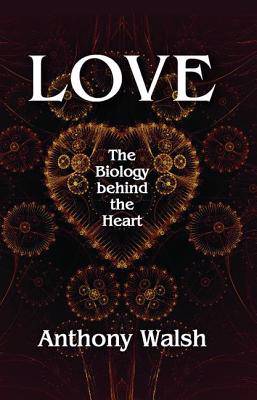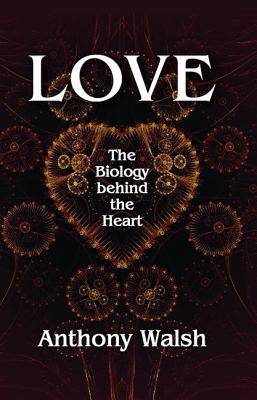
- Retrait gratuit dans votre magasin Club
- 7.000.000 titres dans notre catalogue
- Payer en toute sécurité
- Toujours un magasin près de chez vous
- Retrait gratuit dans votre magasin Club
- 7.000.0000 titres dans notre catalogue
- Payer en toute sécurité
- Toujours un magasin près de chez vous
Description
Love is a little word with a universe of meanings and has engaged people's interest throughout human history. The need to give and receive love lies deep within human nature. Philosophers, poets, theologians, sociologists, and scientists have all attempted to explain its exact origin, but is it an evolutionary adaptation, or a social construct?
Walsh discusses that the nature of and need for love has biological origins. He draws upon Darwin's sexual selection theory to define the perceptions of love by infants through the process of experience-dependent brain wiring. He observes that mother love makes a child capable of loving and that father love makes a child feel worthy of love. He appraises the origin and purpose of romantic love in his discussions on sexual reproduction by looking at chemical and neurological responses to love and the influence of love on one's physical and mental health.
With frequent quotes from literary masters like Shakespeare to orient one's scientific and humanistic understanding of love, Walsh goes on to explore various styles of romantic love, including monogamy, promiscuity, bartering love, and betrayed love; the effects of a skewed sex ratio on dating and mating practices; and the age-old quest for a perfect society populated by perfect people obeying the biblical command to "love one another."
Spécifications
Parties prenantes
- Auteur(s) :
- Editeur:
Contenu
- Nombre de pages :
- 318
- Langue:
- Anglais
Caractéristiques
- EAN:
- 9781412862875
- Date de parution :
- 30-08-16
- Format:
- Livre relié
- Format numérique:
- Genaaid
- Dimensions :
- 155 mm x 231 mm
- Poids :
- 498 g

Les avis
Nous publions uniquement les avis qui respectent les conditions requises. Consultez nos conditions pour les avis.






